Napolitano @ the White House. An Historical Moment for US-Italy Relations
All is ready for Giorgio Napolitano's visit to Washington. On May 25, the President of the Italian Republic, accompanied by the minister for Foreign Affairs Franco Frattini, will meet the President of the United States, Barack Obama. For several reasons this is considered a historical moment in the history of the relationship between the two countries.
Here's an overview of the life of this energetic and svelte eighty-year-old politician that well represents an active and respectable aspect of the country that is very far from the present scandals.
Born in 1925 in Naples, Giorgio Napolitano has been active in the country's local and national politics for more than 60 years. He has always distinguished himself for his sense of humanity and sensibility: calm but charismatic at the same time, he is a strenuous defender of democracy and its values. Indeed, on May 9 he was awarded the Dan David Prize in TelAviv «for his dedication to the cause of Parliamentary democracy, thereby contributing to a strengthening of democratic values and institutions in Italy and Europe; and for his courage and intellectual integrity which have been crucial in healing the wounds of the Cold War in Europe, as well as the scars left in Italy in the wake of fascism» .
Well before becoming the President of the Republic, Giorgio Napolitano has followed a long cultural and political path that started in the 1930s, when he attended the "Umberto I" high school in Naples.
There he discovered his passion for theatre, that he found to be not only an important educational and cultural tool, but also a political one. He shared this deep interest with fellows such as FrancescoRosi and Giuseppe Patroni Griffi and finally got the role of protagonist in “Viaggio a Cardiff” (Journey to Cardiff) by William Butler Yeats.
President Napolitano attended university at a time when one could only express himself through the channels authorized by the government. That's why he joined theGruppo Universitario Fascista - GUF (University Fascist Group), that allowed him to cultivate his passion for theatre and write his own column on the weekly IX Maggio (May 9) review.
However, he soon became part of the Resistance movement: he and other "subversives" took over and started publishing essays and passages from Karl Marx's publications hiding them in articles signed with their own names.
In that same period, he collaborated with the organization of the communust leader Palmiro Togliatti's visit to Naples while he was still in exile in Mosque. He joined the PCI - Partito Comunista Italiano (Italian Communist Party) and won a seat in Parliament at the age of only 28.
As the years passed by, the young leader reached the apex of his political career within the Party. He adhered to the reformist and moderate current and developed a strong interest in foreign policy.He distinguished himself for his strong "europeanism", an increasingly stronger criticism against the political choices of the Sovietic Union, and a respectful and open attitude towards the United States. In 1978 he was the first Italian communist to obtain a US VISA and in 1989, with the fall of the Berlin Wall, he became the first Minister of Foreign Affairs in the PCI shadow cabinet.
As a European Deputy, he always showed great interest towards international politics and spent much of his time organizing and holding conferences and lectures in foreign countries. In Europe, he visited think tanks and research institutes in Germany and England, while he was also welcomed ito prestigious US universities such as Harvard, Princeton, Yale, Berkeley, and SAIS in Washington.
In 1991, with the Gulf War still on, he visited Israel thus showing a new opening of the Italian Communist Party in favor of the the Jewish community.
Giorgio Napolitano, who has always fought for the integration of the Left parties in the national government, at the beginning of the 1990s became one of the protagonists of the transformation of the PCI. Its final dissolution finally brought about the foundation of three new political entities: Partito Democratico della Sinistra (Democratic Party of the Left); Democratici di Sinistra (Democrats of the Left), and finally the Partito Democratico (Democratic Party)
He was President of the Chamber of Deputies in the period 1992-1994 when the government was invested by the scandal called "Tangentopoli" with many of its members accused for being politically corrupt. Then he was elected Minister of Foreign Affairs in the second half of the decade. For having shown outstanding bravery and intellectual integrity in both cases, he was elected President of the Italian Republic in 2006.
While occupying the highest government office, Napolitano has continued with his tenacious defense of democratic values. For this he has been honored with the Premio Leibniz-Ring and in 2005 he was proclaimed Senator for life.
As a politician, he has lately shown himself to be very close to the needs of the new minorities in Italy. As Minister of Internal Affairs, in 1998 he promoted the "Turco-Napolitano" law that instituted the first Centri di permanenza temporanea per gli immigrati clandestini - CPT (Temporary holding Centers for clandestine immigrants).
In a recent ceremony at the Quirinale, his official residence, the President has underlined how important the new citizens of Italy are for the growth of the country: "we must create an open and fraternal environment for the foreigners that become our fellow citizens. They are workers, students, men of sport, managers, entrepreneurs. Only if we create such an environment can we enhance a politic movement aimed at favoring a pacific cohabitation with the foreigners coming into the country and welcome a growing number of them in the future".
The integration of immigrants is one of the main issues that the United States, a traditional land for immigrant arrivals, has in common with Italy, historically a country of departures.






























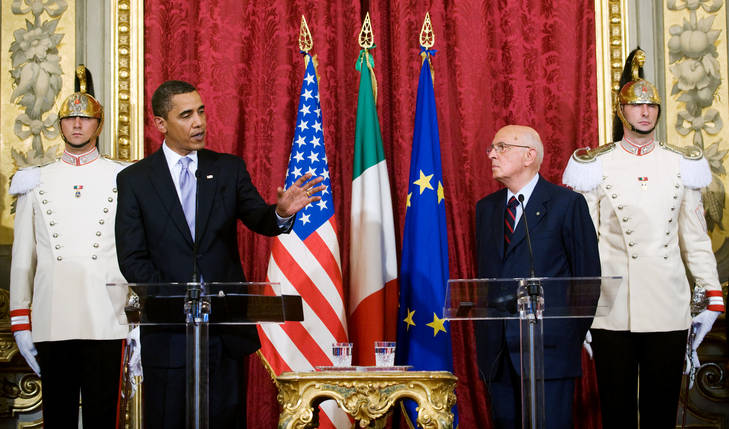
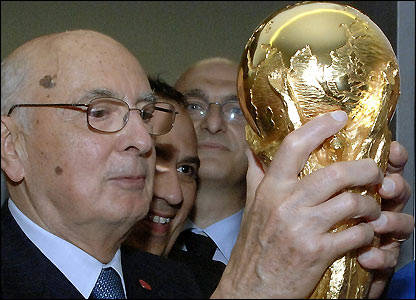
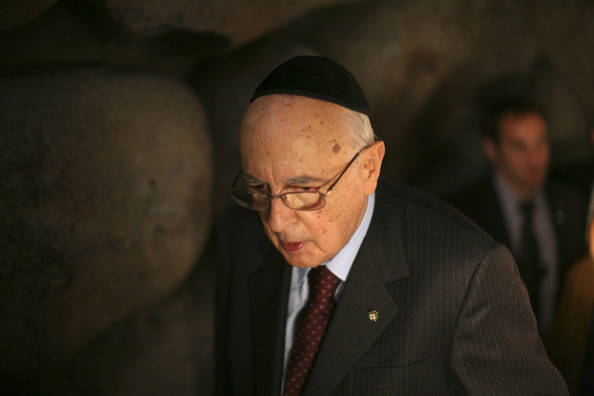
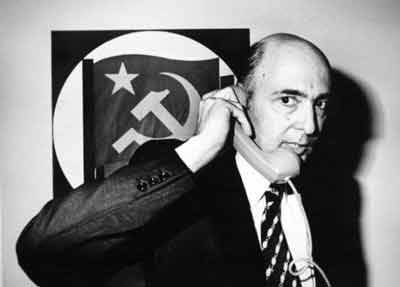
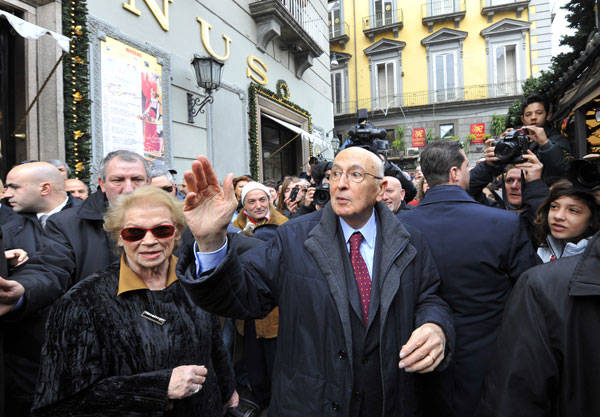



i-Italy
Facebook
Google+
This work may not be reproduced, in whole or in part, without prior written permission.
Questo lavoro non può essere riprodotto, in tutto o in parte, senza permesso scritto.